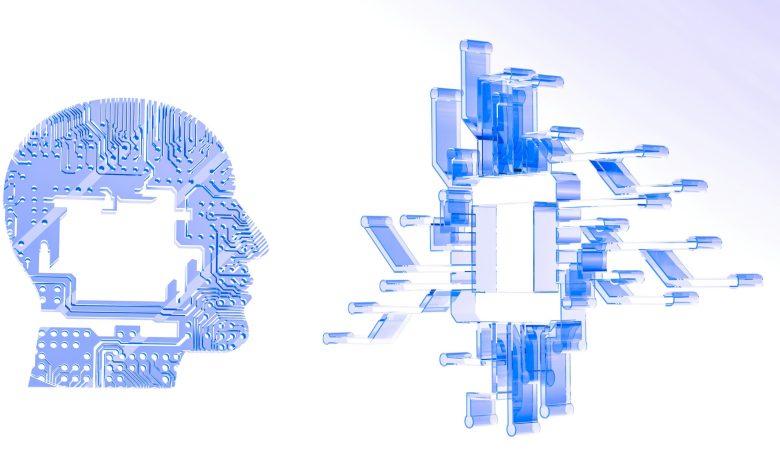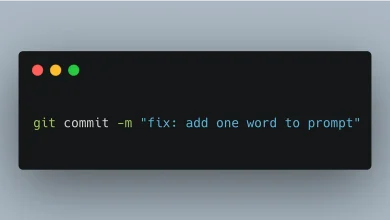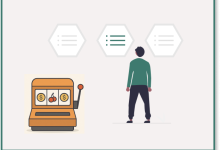
It seems you’re working on evaluating the capabilities of large language models, specifically in the context of abstract reasoning and meta-learning using the Abstraction and Reasoning Corpus (ARC). Here’s a structured breakdown of your exploration:
1. Introduction to Meta-Learning
- Definition: Meta-learning, or "learning to learn," traditionally focuses on improving learning algorithms. The rise of large language models (LLMs) presents new opportunities to explore if LLMs can perform meta-learning.
- ARC Benchmark: Introduced by François Chollet, the Abstraction and Reasoning Corpus is designed to assess models’ generalization abilities through minimal supervision and few examples.
2. Dataset and Experimental Setup
- Data Source: The experiments used the ARC Prize 2025 Kaggle competition dataset.
- Task Structure: Each task consists of:
- Training Examples: Input-output pairs of 2D grids.
- Test Input Grid: An unseen grid where the model must predict the output.
Example format:
python
{‘train’: [{‘input’: […], ‘output’: […]}], ‘test’: [{‘input’: […]}]}
3. Visualization Method
- Matplotlib Configuration: A custom colormap is utilized to visualize the grids, enhancing the interpretability of model predictions.
4. Model Interaction Using LangChain
- Model Selection: OpenAI’s o3-mini model is the primary model tested, with potential expansions to gpt-4.1 for deeper insights.
- API Access: The setup requires an OpenAI API key for accessing LLM capabilities.
5. Response Handling
- Utility for Extraction: A function is crafted to extract Python code from model responses, allowing automated evaluation of predicted outputs.
6. Evaluation Process
- Full Reasoning Loop:
- Prompt the model with few-shot examples.
- Extract generated algorithms.
- Assess performance on test inputs.
- Use results to refine the understanding of the generated algorithms.
7. Preliminary Findings
- Initial results indicate that models like o3-mini may heavily rely on pattern matching and heuristics, struggling with abstract reasoning where subtle abstractions are vital to problem-solving.
Conclusion and Future Work
- The findings suggest that while LLMs can handle some level of abstraction, their limitations become apparent in more complex tasks. Future experiments could involve enhancing the prompt strategies or testing additional models to gain deeper insights into meta-learning abilities in abstract reasoning contexts.
This structured approach outlines your findings, methodologies, and the potential implications of your work. Would you like to dive deeper into a specific section or explore further details?





